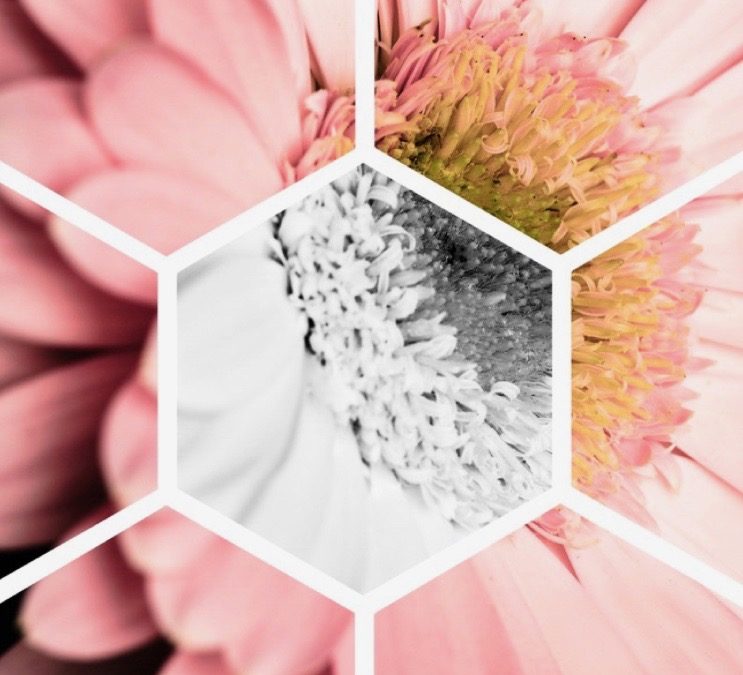It occurs to me that in all the time I’ve had my blog, I’ve never actually mentioned that I have a rare disease. While I’m not in denial that I have it, I do try to live my life as normally as possible. But because June 24th is Cystinuria Awareness Day, I thought I would share a bit about it.
Cystinuria is a rare genetic disease that affects 1% of adults with kidney stones. It’s a metabolic disorder that decreases the body’s ability to reabsorb cystine and other amino acids from the urine, thus creating stones in the kidneys, ureters and bladder.
The disease is genetic recessive which means that both parents would need to carry the trait (or formally, allele) in order for it to show up in the children. This creates about a 25% chance of a child inheriting the disorder. Well, leave it to my parents to break the odds – out of 4 children, 3 of us have the disease! I was diagnosed at age 14 when my kidneys were almost completely shut down due to the approximately 100 stones obstructing them. My sisters were diagnosed much more quickly and at a younger age because by then, we could guess where their pain was coming from.
Cystine stones are extremely hard and because of their hexagon-shaped crystals, they are very sharp and painful. This also means lithotripsy (the preferred way to deal with kidney stones) is not very effective in breaking them up so that they can pass. But when we were diagnosed, lithotripsy was not even available so we had full-on open surgeries. I had 3 of these before graduating from high school, 2 of them in one summer. Having major surgery in the summers of your high school experience can really mess up your fun!
But I believe that the worst part about this disease is the financial burden. The disease put a huge burden on my parents who had to deal with 3 daughters having multiple surgeries, as well as 3 of them on expensive medications that would continue for the rest of their lives. I just really feel bad that their quality of life had to be compromised because of our disease. There is really no medical cure for cystinuria.
While my sisters and I weren’t affected until our teen years, one of the saddest things is that young children and babies can present with this type of kidney stone and it can be difficult to diagnose.
The financial burden continues for me, as well. One of my medications is more than $5000.00 per month but thankfully, is covered by my insurance. It seems as though I am in the ER or hospital a couple of times per year and those hospital bills add up quickly… tens of thousands of dollars per year.
Of course, prevention of the stones is the ultimate goal, both in terms of pain and financial strain. There are some preventative measures that can help decrease the number of stones produced. One of them is to drink a huge amount of water. Experts recommend 4 liters per day, which can be difficult to consume. We also add lemon juice to our water in order to create a more alkaline system. A low sodium ( 1 mg/day) diet has been found to be helpful as well (a typical American diet has 3-6 grams of sodium in it, which is way too much if you ask me). Decreasing the amount of meats in the diet and increasing fruits and vegetable may help but this has not been proven. There was a time period of about 10 years when I had almost no stones, but I was also anorexic so I guess there’s that option (perhaps NOT!).
Medications include potassium citrate—which can have uncomfortable gastrointestinal side effects—and tiopronin, penicillamine or captopril as the second med. These drugs, too, can be difficult for patients to tolerate, but fortunately, I’ve not had a problem with them.
Living with a rare disease is not fun, but in reality, there are many other diseases, both rare and not, that are much worse. One of my sister’s lives has been severely compromised by this condition. I have been more fortunate.
LEARN TO LOVE YOUR LIFE AGAIN
 Do you feel like you need to hit the REFRESH button on your life? Download our free guide and begin to create your best life yet!
Do you feel like you need to hit the REFRESH button on your life? Download our free guide and begin to create your best life yet!




I didn’t know you had this. Glad you are able to manage it.
Thanks, Janelle.
Yes, I’ve had it for many, many years. I don’t like to dwell on health issues but perhaps this might help someone else who has this.
Hi Shelley, I’m not familiar with how the body processes lemon juice but it is an acidic material and adding it to your water makes the water acidic (the opposite of alkaline). It may be a good idea to ask your doctor to double check.
Oddly enough, lemon juice makes the body more alkaline. I questioned it at first too. My physician is actually the one who recommended it.